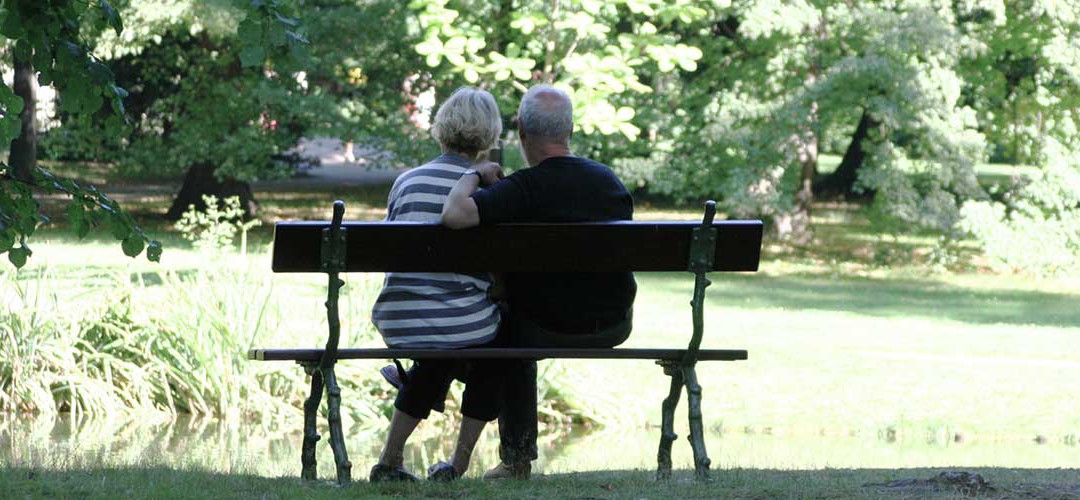
by Your Life Advocates | Sep 25, 2015 | Resources
The November 2015 issue of Consumer Reports estimates that losses from elder abuse and elder scams range from $3 billion to more than $30 billion annually. The article notes that individuals can protect themselves by eliminating unwanted calls, opting out of mail solicitations, using only vetted contractors and arranging for account oversight. Further, restrict access to bank accounts and have family member and friends visit regularly. To read more click here….

by Your Life Advocates | Sep 23, 2015 | Resources
WE talk a lot these days about what constitutes a good way to die. There’s also much discussion about the art of healthy aging.
But largely absent from the conversation are all the people between the two. People who aren’t dying but who grow more frail. People who have significant health concerns. People who suddenly find themselves in need of care.
Read the full story here…

by Your Life Advocates | Aug 19, 2015 | Resources
For the two-thirds of Americans over 65 who are expected to need some long-term care, the costs are increasingly beyond reach. The cost of staying in a nursing home has climbed at twice the rate of overall inflation over the last five years, according to the insurer Genworth Financial. One year in a private room now runs a median $91,000 a year, while one year of visits from home-health aides runs $45,760.
Read full story here …

by Your Life Advocates | Jun 10, 2015 | Resources
Numerous studies show that the majority of Senior Adults would prefer to live independently in their family home rather than move in with a relative or to an Assisted Living Community. Although maintaining independence is valued by most, few take the action steps necessary to be successful. In fact, many, without knowing, work against their own goals and end up sabotaging their independence.
To read the full article click here (opens up a PDF document)

by Your Life Advocates | Jun 8, 2015 | Resources
A recent article in the Wall Street Journal finds there are various pockets around the world with a remarkable number of healthy nonagenarians or centenarians. The study of those populations determined there are ways to strive towards longevity. You need a diet high in vegetables, fruits, whole grains, beans and other carbohydrates, paired with lots of bursts of daily walks, activities, and exercise.
What does not work? Lots of regular animal protein: see the Wall Street Journal, May 30, 2015 article “Want Great Longevity and Health? It Takes a Village” An article about the lifestyles of centenarians in Sardinia, Italy.

by Your Life Advocates | Jun 5, 2015 | Resources
People live all of their lives planning to retire, but once they do retire, they often times do not develop a “retirement plan.” A recent USA Today article explains how the transition to retirement takes time.
To read more click here.

by Your Life Advocates | Jun 3, 2015 | Resources
When, and how, should I tap into my various retirement accounts? Social Security, retirement plans, or other sources of funding. A recent USA Today article gives you some ideas. To read more, click here.

by Your Life Advocates | Mar 20, 2015 | Resources
Many of our customers have in home care. These workers may provide companion care, other workers may run errands for our customers and still other workers are housekeepers. The care is often paid for by cash or check. But what is your legal relationship to these workers? Have these workers been properly vetted? Are the individuals properly insured? What happens if the worker steals something from your house? What happens if they fall in your house? What happens if they use your car and are in a traffic accident?
If any of these things happen, you can be held liable. These workers can also be considered to be your employees and you will be held liable for unemployment insurance, worker’s compensation insurance, withholding taxes and Social Security taxes?
What should you do? You should only hire workers through a properly insured and vetted agency. Such workers should clearly be described as our customer’s contractors. And these workers must be covered by unemployment compensation programs, worker’s compensation, liability insurance and they should be subject to the payment of all taxes.

by Your Life Advocates | Mar 20, 2015 | Resources
There are a number of articles that have been written on common mistakes couples have made in retirement. A recent USA Today article finds that many couples fail to plan for emergencies and, in many couples, only one spouse handles the family’s finances. What happens if the spouse that gets sick is the spouse that handles the investments, bill and expenses? To read more, click here









